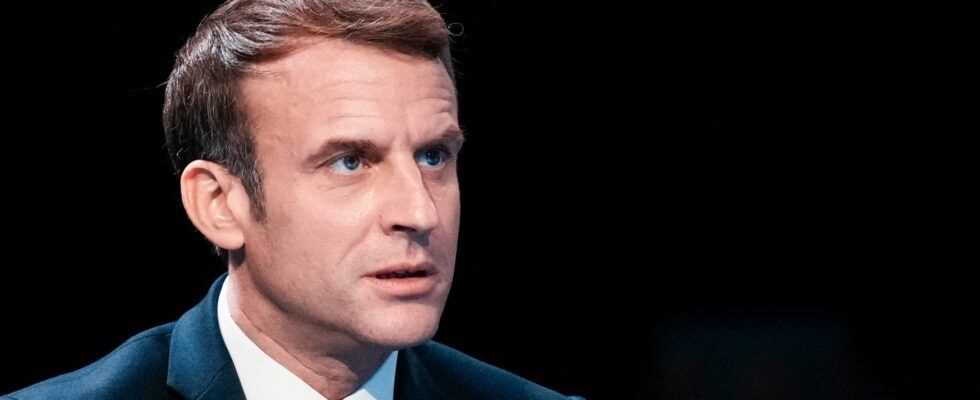William Molinié, edited by Solène Delinger
, modified at
9:23 a.m., December 17, 2021
Emmanuel Macron is expected this Monday in Bamako, where he is to meet the Malian transitional president, Colonel Assimi Goïta. The President of the Republic and the head of the junta will address the central question of the French military presence in Mali. Will the two men manage to get along, while relations between Paris and Bamako have never been so strained?
A crucial diplomatic meeting. Emmanuel Macron is going this Monday to Bamako, Mali, to meet the Malian transitional president, Colonel Assimi Goïta. This visit comes as relations between Paris and Bamako have become strained in recent months. France has indeed warned that the deployment of Russian mercenaries in the Sahel would be “unacceptable” after the redeployment of the Barkhane force, which left Timbuktu on Tuesday after nine years of presence.
Soon the end of Operation Barkhane?
The President of the Republic and the head of the junta will therefore address the issue of the French military presence in Mali. Will they come to an agreement on this? While there is no question, at this stage, of publicly pronouncing the word “withdrawal”, Emmanuel Macron is nevertheless very firm in private: he will put an end to Operation Barkhane if the Malian junta does not return power to the civilians. The French president will therefore ensure that Colonel Goïta will organize democratic elections on February 27. He will also discuss the activities of the Russian paramilitary company Wagner in the country.
In recent weeks, suspicions of a rapprochement with the ruling junta have intensified. It is a red line hammered by Paris: out of the question for French soldiers to fight alongside these Russian mercenaries. And if the point of no return was crossed, the withdrawal of French troops could then accelerate.
An important place for the European force Takuba
The withdrawal will not happen overnight since it would take between four to six months to leave Gao, the epicenter of military logistics in the Sahel. Before getting there, French diplomacy is working to involve its allies more, with the European force Takuba, which includes 900 men, including Poles, Czechs and Estonians. His command will also join the Gao base, which could foreshadow France’s new strategy in the region.
